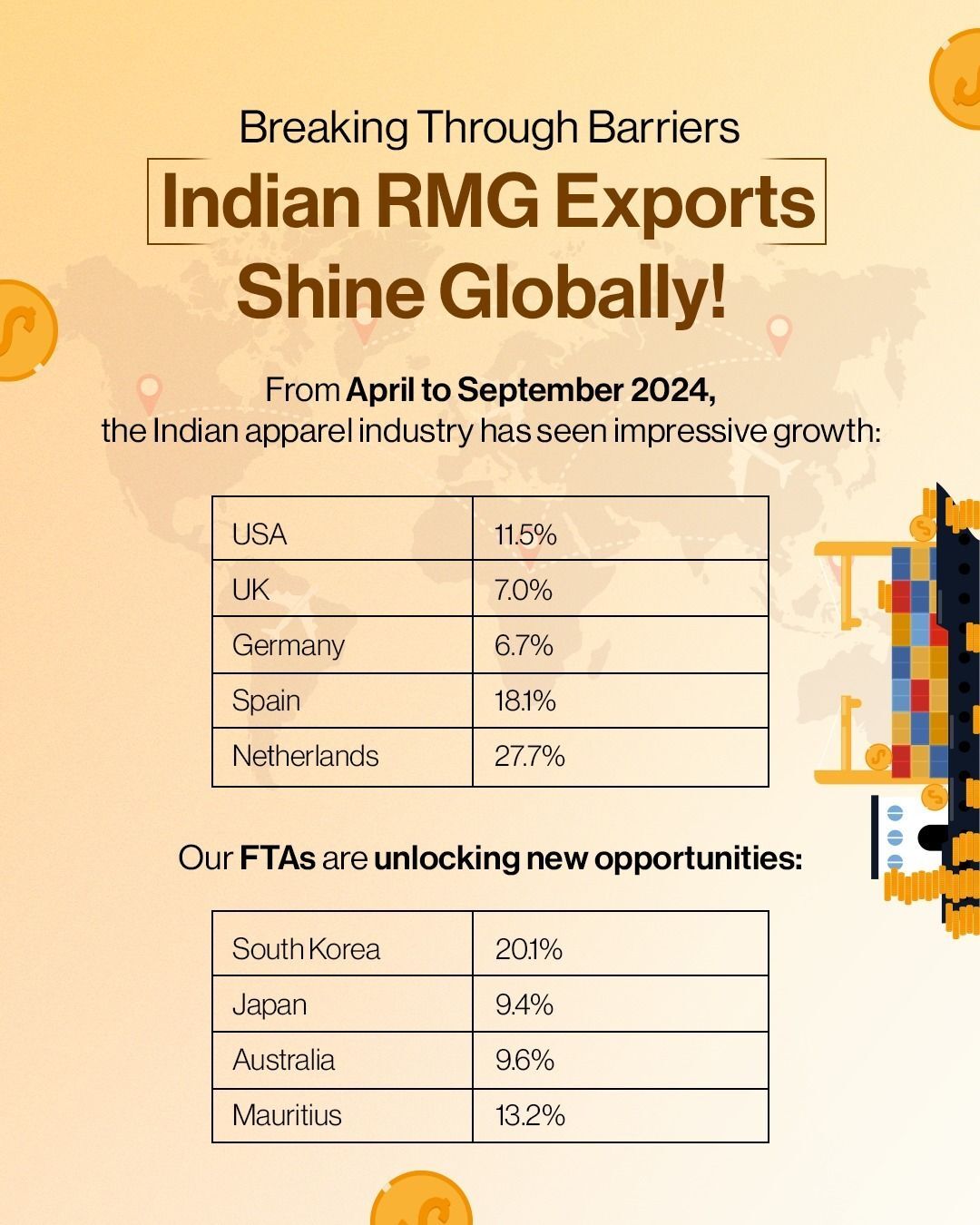The Global Fashion Agenda (GFA), in collaboration with Deutsche Gesellschaft fur Internationale Zusammenarbeit (GIZ) and the H&M Foundation, has unveiled the Upstream Circularity Playbook, a comprehensive guide designed to foster sustainable change in garment manufacturing. Available in six languages, the Playbook offers a practical, step-by-step approach tailored for garment manufacturing regions to help scale circular business models by effectively managing post-industrial textile waste.
The Playbook provides stakeholdersincluding manufacturers, brands, policymakers, and investorswith essential tools to implement circular fashion solutions. It draws on over 20 case studies from countries such as Bangladesh, Cambodia, Indonesia, and Vietnam, showcasing successful collaborations between brands, manufacturers, recyclers, and textile waste collectors. These examples illustrate how circularity can be scaled across diverse global contexts, emphasizing the importance of collaboration across the entire value chain.
The guide highlights opportunities for textile-to-textile recycling, aiming to reduce dependency on virgin resources. For instance, in Bangladesh, embracing textile recycling could unlock up to $4 to 5 billion annually through recycled product exports, yet limited recycling infrastructure poses a challenge. The Playbook offers practical solutions for segregating waste, leveraging digital traceability platforms, and matching waste with appropriate recycling technologies to enhance material recovery.
Federica Marchionni, CEO of GFA, emphasized the Playbook's potential as a crucial tool for embedding circularity worldwide. She highlighted its role in helping manufacturing regions develop the necessary infrastructure to scale recycling efforts and drive systemic change.
The Upstream Circularity Playbook aligns with the Scaling Circularity Report, which suggests that current recycling technologies could enable up to 80 per cent circularity in fashion. The Playbook thus provides a roadmap for reducing cotton imports and fostering long-term sustainability by using recycled materials in garment production.
Openly accessible, the Playbook invites stakeholders to collaborate and share feedback, aiming to accelerate the global shift towards a circular fashion system.












